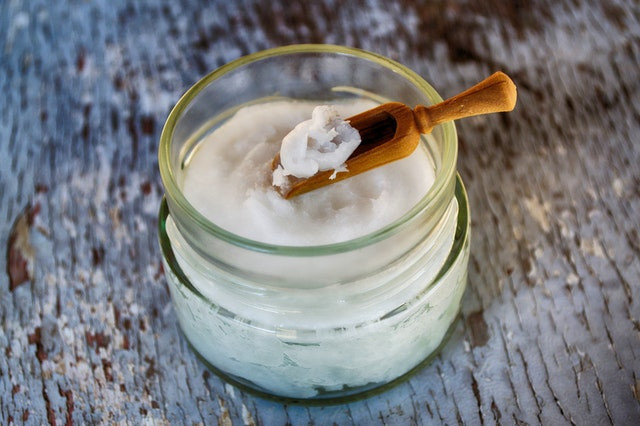
Is Plastic Organic?
10th Feb 2020
Strange question, yes? But it's one we've been hearing recently. It depends on your definition of 'organic'. You cannot eat plastic: and yet 'organic' is a term we've become accustomed to hearing in relation to food. However, plants are organic, and plastic is from plants. Or is it? Let's examine what 'organic' actually means.

'Organic' As A Marketing Term
The term 'organic' tends to give people a warm, fuzzy feeling. 'Organic' is a bit of a buzzword in the food industry. In fairness, this is not all it is: the organic movement is an important one for preserving our environment. However, in short, a certified organic product is one that recycles resources, promotes ecological balance, and conserves biodiversity in the area where the farming happens. Organic farming also restricts the use of certain pesticides. It is good for our health, good for the soil, and good for the animals. When someone uses the word 'organic', everyone gets a warm, fuzzy feeling inside. In this sense, plastic is not organic.
'Organic' As A Scientific Term
The original meaning of 'organic' has nothing to do with environmental or human health. However, the original definition of 'organic' was not used for a farming model. Organic, in the chemical sense, describes a compound that contains carbon atoms bonded to atoms of other elements – most commonly hydrogen, nitrogen, and oxygen. Organic molecules are the building blocks of life, carbon being one of the primary atoms in any living organism – including us. While this means that organic food is still technically organic, it does not mean that everything organic is good for us. In fact, some of the most highly toxic compounds are organic – including paints and coatings, benzene (a human carcinogen found in tobacco smoke and car exhaust), and formaldehyde. This means that carbon dioxide (CO2) is organic, as is methane (CH4). In fact, all fossil fuels (by definition from ancient, mummified wood and animals) are chemically organic. Therefore, plastic is organic.
So?
Yes, plastic is technically organic. However, this does not mean it is safe for the environment. Plastic is, scientifically, organic. However, this does not mean it is any less harmful to the environment. Organic materials are not naturally biodegradable, and it does not mean that having them floating around in the environment is suddenly okay. Yes, say that plastic is organic, by all means. But so is ethanol. Scientists use 70% ethanol to sterilise lab equipment – this means it is toxic enough that even tiny microorganisms cannot withstand it. We don't want to be pouring that down the drain. Next time someone tells you that because something is organic, it is safe – think again. Unless they're talking about food, of course.
For more information on 'green' buzzwords, have a look at this article on our blog. To find out about plastic that WILL biodegrade, go to our product page or have a look at the BioPak blog.
Planet Friendly Packaging acknowledges the traditional custodians of the land on which we meet.

